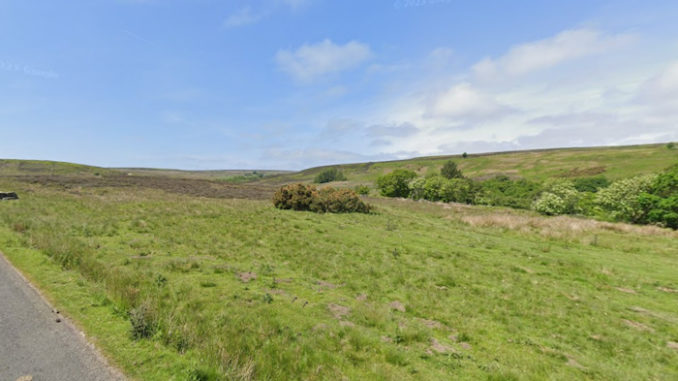
National park custodians have been urged to consider the needs of its communities after a proposal by mobile operator Three to erect a telecoms tower in one of the country’s most protected landscapes looks set to be refused.
Community leaders have issued the appeal to the North York Moors National Park Authority following its officers warning approving a mobile mast the height of four double decker buses on Thunderbush Moor, Commondale “would be unlawful” given protection rules for internationally designated conservation sites.
The controversy follows both the North York Moors and Yorkshire Dales national parks approving numerous mobile masts in recent years as part of the government’s £1bn shared rural network initiative to extend mobile and data coverage to remote rural areas.
It also comes two years after the North Yorkshire Rural Commission inquiry concluded the county’s rural communities needed to be provided a basic “human right” to internet access and mobile phone coverage.
Local politicians have argued high quality phone coverage triggers significant change for remote areas by promoting investment and job creation in the agricultural and tourism sectors, as well as encouraging younger people to live and work there.
Danby Group Parish Council has told the authority the tower would provide “a much-needed improvement to what is currently a poor mobile communication network in the area”, where reception is hampered due to the valleys.
Ahead of submitting the proposal, Three was advised by the authority to consider alternative sites for the tower, as it would have “an unduly intrusive
and harmful visual impact on the character and appearance of the locality”.
Nevertheless, agents for Three stated in the application other locations would “not have the same operational benefits”.
They said while masts cannot be wholly screened, the tower would be painted green to minimise impact and given its distance to the road network it would not be obtrusive.
However, Natural England has said Three had failed to recognise impacts on the sensitive site in a national park and designated Special Area of Conservation, Special Protection Area and Site of Special Scientific Interest.
Furthermore, the authority’s ecologist has advised it is unlikely consent could legally grant planning permission for the track across the international protection site given the loss of qualifying habitat and that golden plover, lapwing and curlew near the site which could well be impacted.
Objecting, agents for the Gisborough Estate, while it was “supportive of an improved telecommunications network within the area”, claims that no designated areas would be affected by the telecoms tower were “particularly misleading”.
They stated: “The development would not only cause the permanent damage to designated sites but would also have a detrimental effect on important habitat and priority species.”
Recommending refusal at a meeting of the authority on Thursday, an officer’s report adds the proposal does not represent the least environmentally intrusive option.
It states: “There is no doubt that Commondale is a relatively poor area of mobile phone reception, and an improvement would be welcome but not at any landscape cost.”


Be the first to comment